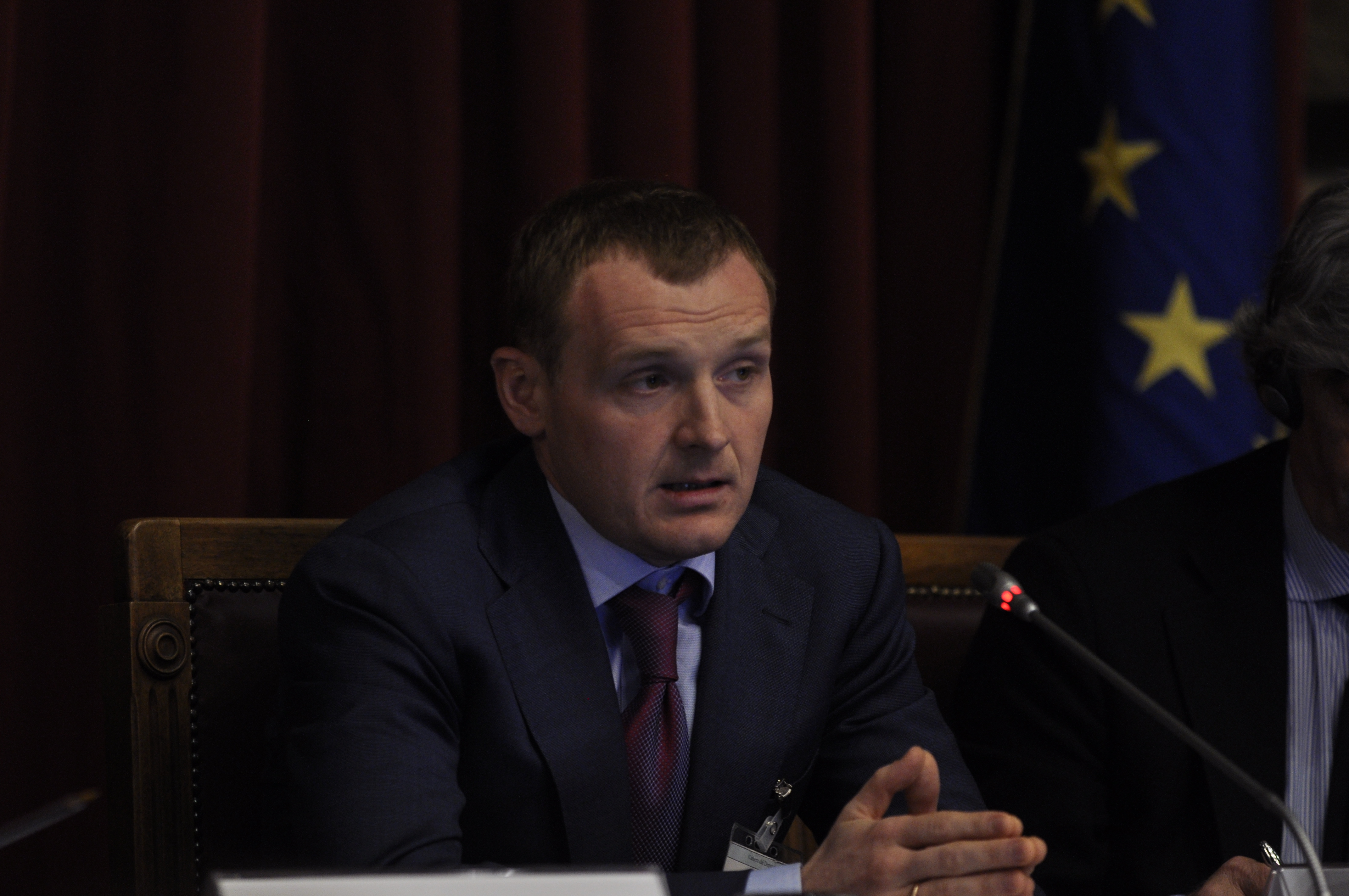The focus of this article is on the confrontation between Gnostic teachings and Christianity. This problem became the subject of special studies in various humanitarian discourses, but not so often in philosophical ones. Moreover, the struggle of Gnosticism and Orthodoxy was the struggle between two fundamentally different worldviews – the dualism, which is classical for mythological communities, characteristic of ancient thinking, and theocentric monism, which emerged from this struggle as the winner and in which the foundations of a natural ontology were laid. A philosophical analysis of this confrontation deepens the understanding of philosophical problems, which include the question of the nature of social reality, the mechanisms of its construction and maintenance. In this regard, Gnosticism and Christianity can be represented not only as competing religious systems and worldviews but also as different value-semantic universes that protect various “ontological canons”. They rely on different ontologies around which all the flesh of culture is formed. The article highlights several factors that predetermined the victory of Orthodoxy, including a different attitude to ancient rationality, different strategies for promoting one's own creeds, soteriological and ecclesiological features of Gnosticism and Orthodoxy. However, the decisive role in this victory is recognized as the role of the Church as a social institution, which acts as the guardian of the ontological canon of Christianity and defends it in the competition with Gnostic interpretations of dogma.
Keywords: Christianity, Gnosticism, church, social reality, Ontological stability, Institutions of ontological responsibility, meaning
DOI: 10.22250/2072-8662.2021.2.5-16
About the author







